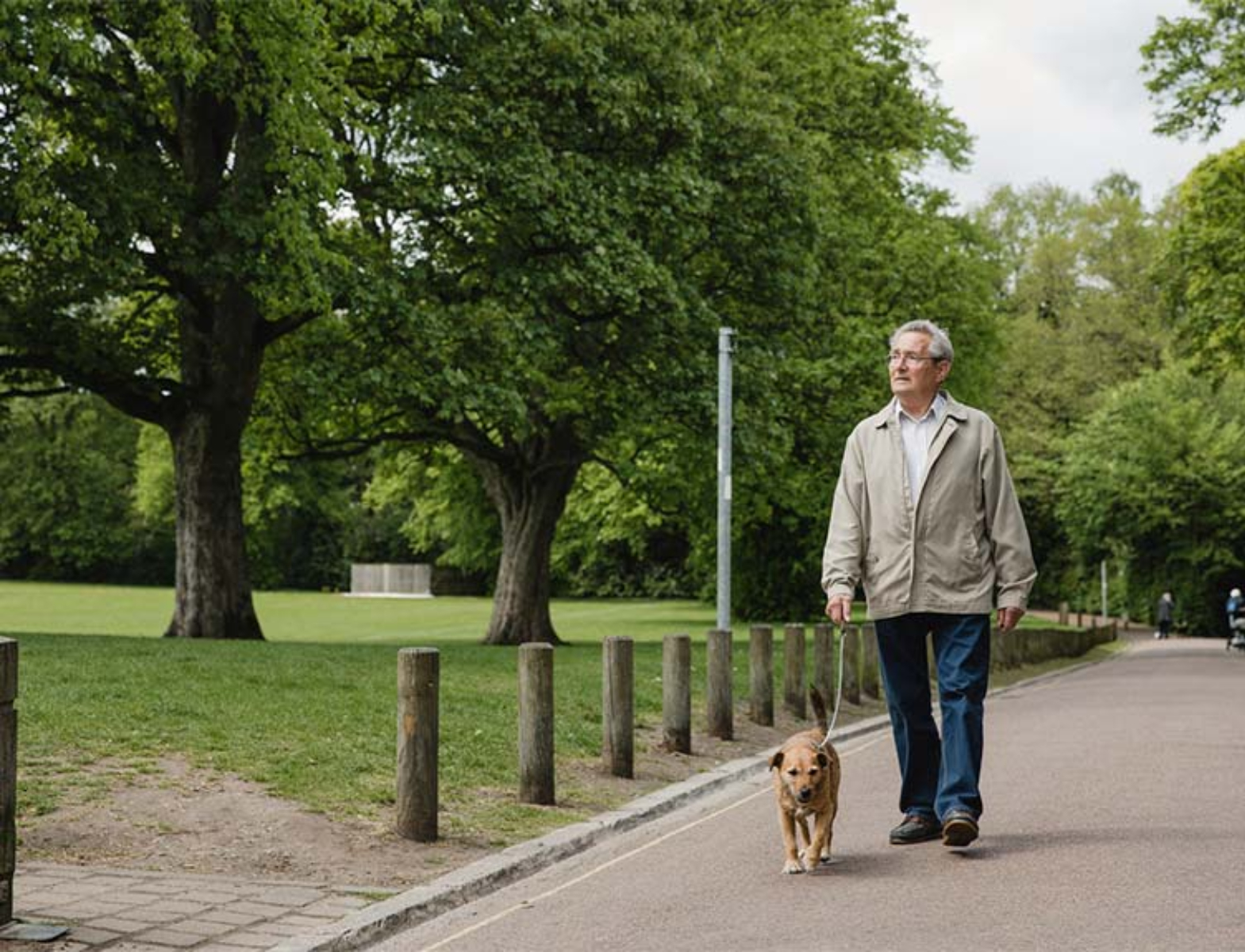Exercise Most Cost-Effective in Treatment of Depression in Patients with Coronary Heart Disease

New research from the Healthcare Outcomes Research Centre and Department of Health Psychology at RCSI indicates that exercise is more cost-effective than psychotherapy or medication in the treatment of depression in individuals with coronary heart disease.
Coronary heart disease is a narrowing or blockage of the blood vessels in the heart. The disease cannot be cured but can be treated with lifestyle changes, medicine and/or surgery. Many individuals with coronary heart disease experience moderate or severe acute depression that may also require treatment.
Published in the \’Journal of Psychosomatic Research\’, the study entitled \”Depression interventions for individuals with coronary artery disease – cost-effectiveness calculations from an Irish perspective\” examined the cost and the effectiveness of four types of treatments for depression in individuals with coronary heart disease. The four treatments studied were antidepressants, psychotherapy, collaborative care (multi-disciplinary team care) and supervised group exercise.
The study built on previous research that found exercise to be the most effective treatment for depression in coronary heart disease. In the present study, the cost of administering each of the four treatment types was analysed against the rate of reoccurrence of depression eight weeks later. The costs studied included the cost of antidepressants, the frequency of contact between patient and staff members, and the cost of staff time.
At eight weeks, the study found that group exercise treatment resulted in a cost of €526 per patient who achieved remission from depression (i.e. was successfully treated). This cost was followed closely by treatment with antidepressants which amounted to €589 per remission. Individual psychotherapy costed €3,117 per remission and collaborative care amounted to €4,964 per remission. Additionally, the authors suggest that future trials should explore the cost-effectiveness of other group treatments.
Dr Samira Jabakhanji, Healthcare Outcomes Research Centre, RCSI said, \”the findings of this research indicate that, within a very short time, group exercise most effectively treats depression in individuals with coronary heart disease, and notably it is the most cost-effective treatment. This is followed closely by antidepressants. The study gives us important insight into planning future depression treatment in this patient group in terms of delivering the best outcomes and value for both health service and patients.\”
Dr Frank Doyle, Department of Health Psychology and study principal investigator at RCSI, said, \”studies such as this are valuable to policy-makers as they combine the relative costs and effectiveness of treatments, allowing resources to be better targeted for patients. This work clearly shows that exercise is a sound investment for mood management in people with coronary heart disease.\”
Established in 2016, the Healthcare Outcomes Research Centre (HORC) is dedicated to the development and dissemination of evidence-based research on healthcare outcomes that informs healthcare policy and improves patient outcomes.
You might also like
For relevant updates on Emergency Services news and events, subscribe to EmergencyServices.ie









